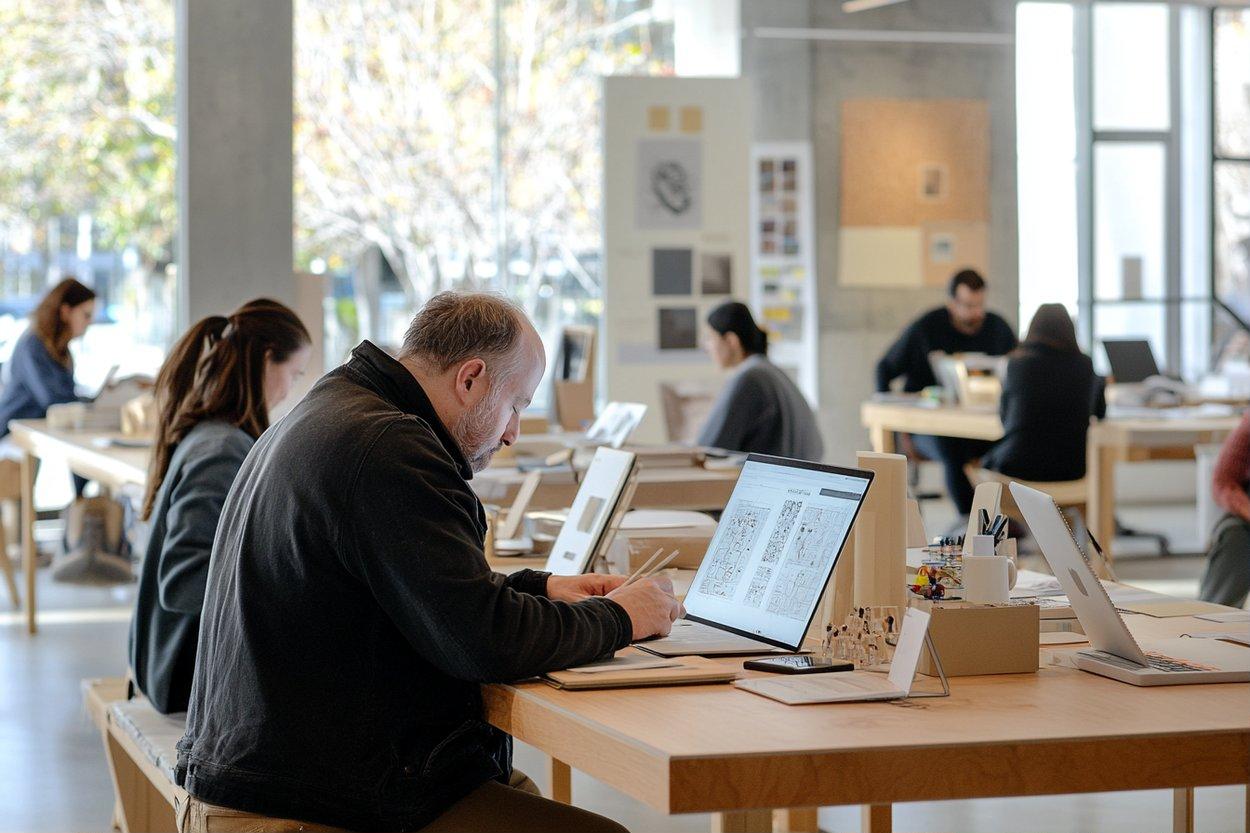Coworking Spaces: Transforming the Modern Workplace
Coworking spaces have emerged as a revolutionary concept in the modern work environment, reshaping how professionals approach their daily tasks and collaborate with others. These shared workspaces offer a unique blend of flexibility, community, and productivity-enhancing features that cater to the evolving needs of today's workforce. As businesses and individuals alike seek alternatives to traditional office settings, coworking spaces have grown in popularity, providing a dynamic solution for a diverse range of workers.

How do coworking spaces differ from traditional offices?
Coworking spaces fundamentally differ from traditional offices in their structure and philosophy. Unlike conventional workplaces tied to a single company, coworking environments bring together professionals from various fields and organizations under one roof. This diversity fosters a unique atmosphere of collaboration and networking opportunities. The physical layout of coworking spaces often includes a mix of open-plan areas, private offices, meeting rooms, and communal spaces, allowing members to choose the setting that best suits their work style and needs on any given day.
What design elements are common in coworking spaces?
The design of coworking spaces plays a crucial role in creating an environment that promotes productivity and well-being. Many coworking spaces feature open floor plans with abundant natural light, ergonomic furniture, and a variety of seating options to accommodate different work preferences. Aesthetically, these spaces often incorporate elements of modern design, with a focus on creating a welcoming and inspiring atmosphere. Common areas such as lounges, kitchens, and outdoor spaces are designed to encourage informal interactions and provide breaks from focused work.
How does technology enhance the coworking experience?
Technology is a cornerstone of the coworking experience, enabling seamless operations and enhancing member productivity. High-speed internet connectivity is a standard feature, often complemented by advanced IT infrastructure to support various technological needs. Many coworking spaces offer smart meeting room booking systems, digital access controls, and mobile apps that allow members to manage their workspace experience efficiently. Some spaces even incorporate cutting-edge technologies like IoT devices and AI-powered tools to optimize space utilization and improve the overall work environment.
What benefits do coworking spaces offer for productivity?
Coworking spaces are designed with productivity in mind, offering several advantages over traditional home or office environments. The professional setting helps minimize distractions often found in home offices, while the presence of other focused individuals can create a motivating atmosphere. Many coworking spaces provide 24/7 access, allowing members to work according to their most productive hours. Additionally, the variety of work areas within a coworking space enables individuals to change their environment throughout the day, which can boost creativity and prevent monotony.
Who typically uses coworking spaces?
Coworking spaces attract a diverse clientele, reflecting the changing nature of work in the modern economy. Freelancers and remote workers often find these spaces particularly appealing, as they provide a professional environment without the overhead of a private office. Startups and small businesses frequently utilize coworking spaces to access flexible office solutions that can scale with their growth. Large corporations are also increasingly turning to coworking spaces to provide flexible work options for their employees or to establish satellite offices in new markets.
What are the cost considerations for using a coworking space?
The cost of using a coworking space can vary widely depending on factors such as location, amenities, and membership type. Generally, coworking spaces offer more flexibility and potentially lower costs compared to traditional office leases, especially for individuals or small teams. Membership options typically range from basic hot-desking plans to dedicated desks and private offices.
| Membership Type | Description | Estimated Monthly Cost Range |
|---|---|---|
| Hot Desk | Flexible seating in common areas | $100 - $300 |
| Dedicated Desk | Personal desk in shared space | $300 - $600 |
| Private Office | Enclosed office for individuals or teams | $500 - $2000+ |
Prices, rates, or cost estimates mentioned in this article are based on the latest available information but may change over time. Independent research is advised before making financial decisions.
Coworking spaces have become an integral part of the modern work landscape, offering a flexible and dynamic alternative to traditional office environments. By combining thoughtful design, advanced technology, and a community-oriented approach, these spaces cater to the diverse needs of today’s workforce. As the nature of work continues to evolve, coworking spaces are likely to play an increasingly important role in shaping the future of workplaces and professional interactions.






